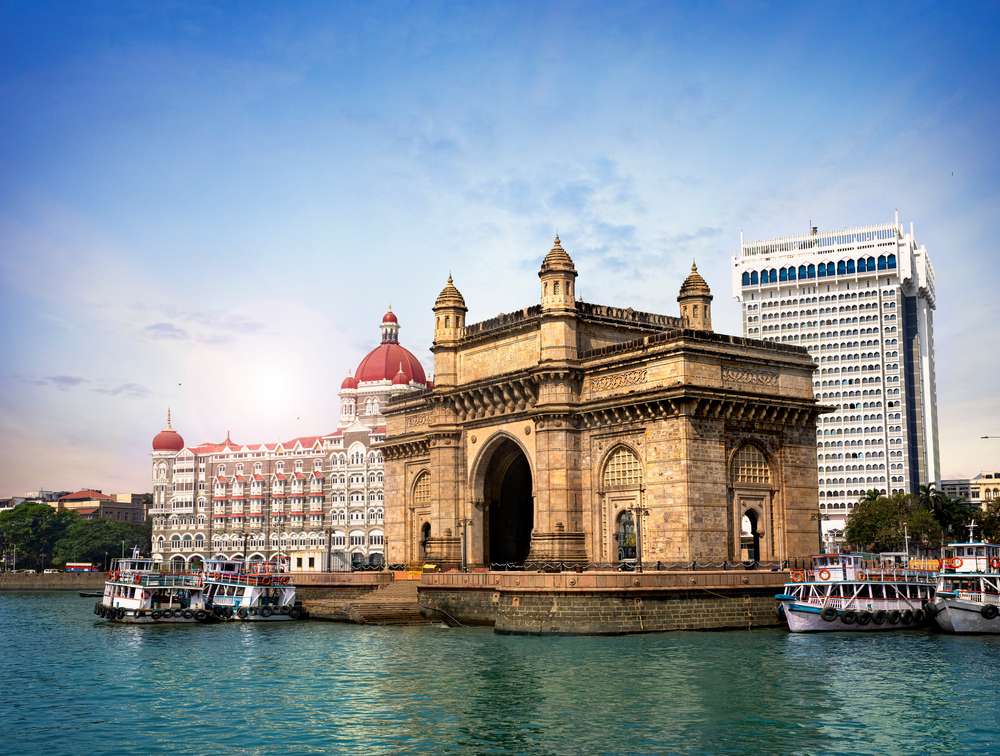As one of Southeast Asia’s fastest-growing economies, Cambodia has emerged as a hotspot for tourism investment, attracting attention from global investors and hospitality giants alike. With its rich cultural heritage, stunning natural landscapes, and vibrant cities, Cambodia offers a wealth of opportunities for those looking to capitalize on the booming travel industry in the region. In this article, we’ll explore the factors driving investment in Cambodia’s tourism sector and the potential rewards for savvy investors.
Cambodia: A Tourism Success Story
In recent years, Cambodia has experienced a remarkable rise in tourist arrivals, driven by attractions such as the iconic Angkor Wat temple complex, pristine beaches along the Gulf of Thailand, and bustling cities like Phnom Penh and Siem Reap. This influx of visitors has fueled the growth of the country’s tourism industry, making it one of the key drivers of economic development.
According to the Ministry of Tourism, Cambodia welcomed over 6 million international tourists in 2023, generating billions of dollars in revenue and supporting millions of jobs across various sectors. The government’s commitment to infrastructure development, promotion of sustainable tourism practices, and facilitation of foreign investment has further contributed to Cambodia’s tourism success story.
CAMBODIA VISA FOR TURKISH CITIZENS
Untapped Potential and Growth Opportunities
Despite its rapid growth, Cambodia’s tourism industry still has significant untapped potential, presenting a wealth of opportunities for investors seeking high returns. With increasing disposable incomes, changing travel preferences, and improved connectivity, there’s a growing demand for diverse tourism experiences beyond the traditional attractions.
Investment opportunities abound in areas such as luxury hospitality, eco-tourism, adventure travel, and cultural tourism. Boutique hotels, eco-resorts, and wellness retreats are gaining popularity among discerning travelers seeking unique and immersive experiences that reflect Cambodia’s natural beauty and cultural heritage.
Moreover, the government’s efforts to promote regional tourism cooperation, expand air and land connectivity, and develop tourist infrastructure in emerging destinations present additional growth opportunities for investors looking to capitalize on Cambodia’s position as a regional tourism hub.
Attracting Foreign Investment
Cambodia’s pro-business policies, favorable investment incentives, and improving regulatory environment have made it an attractive destination for foreign investors seeking to enter the tourism market. The government offers a range of incentives, including tax holidays, import duty exemptions, and streamlined permit processes, to encourage investment in tourism-related projects.
Furthermore, Cambodia’s strategic location within the dynamic ASEAN region, along with its membership in regional economic frameworks such as the ASEAN Economic Community (AEC) and the Greater Mekong Subregion (GMS), enhances its appeal as a gateway for international investors looking to access the Southeast Asian market.
Global hospitality brands and investors have taken notice of Cambodia’s potential, with major hotel chains and resort developers announcing ambitious expansion plans in key tourist destinations. From luxury hotel brands and integrated resorts to boutique properties and eco-lodges, Cambodia’s tourism landscape is evolving to meet the diverse needs of travelers and investors alike.
CAMBODIA VISA FOR BRITISH CITIZENS
Navigating Challenges and Mitigating Risks
While Cambodia offers promising investment opportunities in its tourism sector, investors must be mindful of potential challenges and risks. Infrastructure limitations, bureaucratic hurdles, regulatory uncertainties, and political stability are some of the factors that can impact investment decisions and project implementation.
Additionally, the COVID-19 pandemic highlighted the vulnerability of the tourism industry to external shocks, underscoring the importance of risk mitigation strategies and business resilience. Investors should conduct thorough due diligence, engage local partners, and assess market dynamics to mitigate risks and maximize returns on their investments in Cambodia’s tourism sector.
Conclusion
In conclusion, Cambodia’s tourism industry presents a compelling investment opportunity for those looking to capitalize on the country’s growing popularity as a tourist destination in Southeast Asia. With its diverse attractions, pro-business policies, and increasing connectivity, Cambodia offers a fertile ground for investors seeking high returns in the dynamic and resilient travel market.
Whether it’s luxury resorts, eco-tourism ventures, or cultural tourism initiatives, Cambodia offers a wealth of opportunities for investors to participate in the country’s tourism boom and contribute to its sustainable development. By leveraging Cambodia’s untapped potential and navigating challenges effectively, investors can become key players in shaping the future of the country’s tourism landscape and reaping the rewards of their investments in the years to come.



